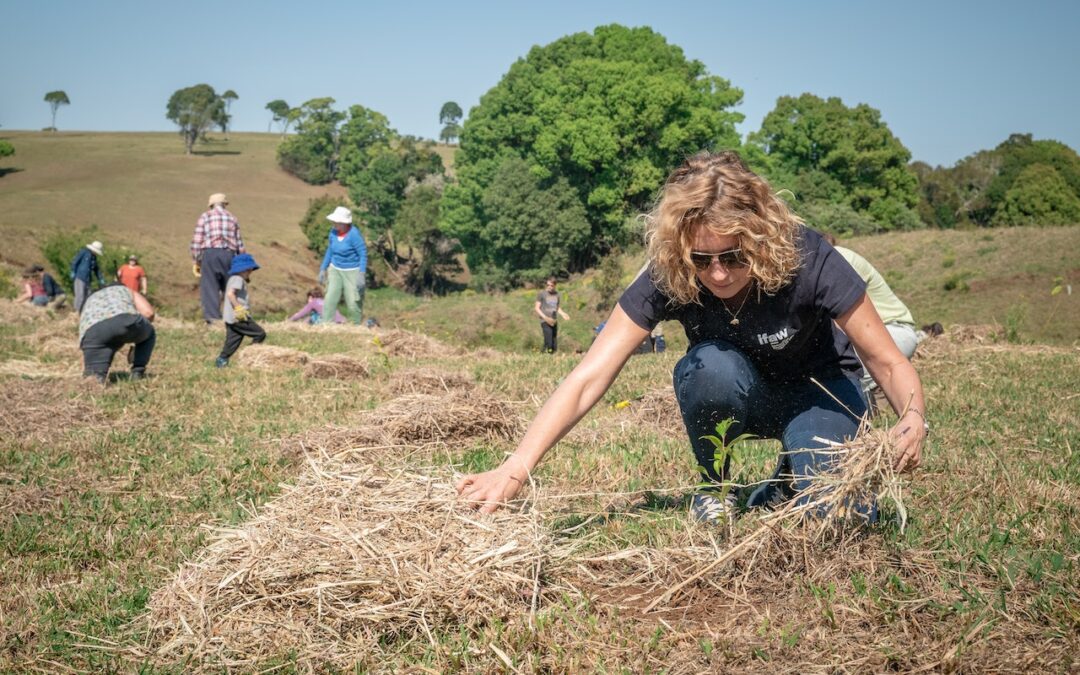As university and graduate school admissions continue to get increasingly competitive, it is more important than ever for admissions officers to get a holistic sense of you as an applicant. The goal is to build a well-rounded profile that tells your whole story, going beyond awards, GPAs, and test scores. A well-rounded profile showcases an applicant’s values, character, motivations, approach to decision making, and achievements. This post will point out three reasons why extracurricular and volunteer activities are important to boosting your profile and potentially making a decisive impact in the minds of admissions officers.
1. Time Management
Extracurriculars and volunteering exhibit your time management skills, or lack thereof, because you have to choose to dedicate your time, energy, and effort to these activities. In addition to revealing why you choose to spend your time as you do (more on that below), having interests outside of work and school indicate that you can and will carve out time for things that matter to you. Conscientious time management is a skill that will serve applicants well throughout intensive programs and into their careers as they balance professional obligations, family, personal health and wellness, social life, and passion projects or hobbies. Successful participation in extracurriculars and volunteering also suggests that a person understands how to prioritize different aspects of their lives, which is essential for busy students and professionals.
2. Personal Passions
If you want to know what someone is passionate about, you only need to look at how they spend their time. It’s easy enough to rattle off a list of incredible sounding passions to impress someone on a first date. Writing a list of passions – and the experiences to validate the claims – to persuade an admissions officer that you will be a valuable asset to their university is another matter altogether.
If Terry says that he’s ultra-focused on entrepreneurship in his essays, but all of his extracurricular activities are related to playing sports and entering video game tournaments, an admissions officer will doubt whether Terry is truly passionate about entrepreneurship. If, on the other hand, Terry had formed a Student Entrepreneurship Alliance Club during college and invited numerous inspiring start-up founders to speak at club events, an admissions officer would have a much easier time believing that Terry is serious about starting a business in the future. In this case, Terry’s extracurriculars prove that he is passionate about entrepreneurship by showing that he spends his free time educating himself and engaging with the start-up community. Actions speak louder than words, and applicants should demonstrate their passions by having a history of related activities to back up their claims.
3. Values and Community Building
Diversity, social justice, and a spirit of giving back are important parts of many schools’ identity, campus community, and brand. Schools use these values to sell themselves to potential students, and seek to build a student body which aligns with those values. When you volunteer at the Red Cross, start a nonprofit organization, or tutor underprivileged children, it shows admissions officers that you care about giving back to your community and illustrates your commitment to your values.
If Terry says that social justice is important to him in his MBA application, but doesn’t have any meaningful volunteering or community-based work to show for it, an admissions officer doesn’t have a reason to believe that social justice is important to him. If, instead of merely surfing the internet, Terry had built a website which gives people an opportunity to donate money to a children’s charity, or to the fight to cure cancer, then admissions staff have proof that Terry cares about social justice.
Your volunteering & extracurricular activities show admissions staff your values better than a list or essay could hope to tell them. They offer a clear narrative about the type of person you are, the things that matter to you, and, most importantly, they predict how you are likely to continue spending your time and contributing value to your community once you are admitted.
Conclusion
Admissions committees have a difficult job when it comes to differentiating between hundreds of well-qualified students with competitive GPAs and test scores. In addition to professional experience, extracurricular and volunteer activities can be deciding factors when it comes time to make admissions decisions. Well-rounded candidates have an advantage over their peers who have similar test scores and GPA, and it is essential that applicants tell the stories of their activities and tie them to personal values and their future contributions to their learning community.

